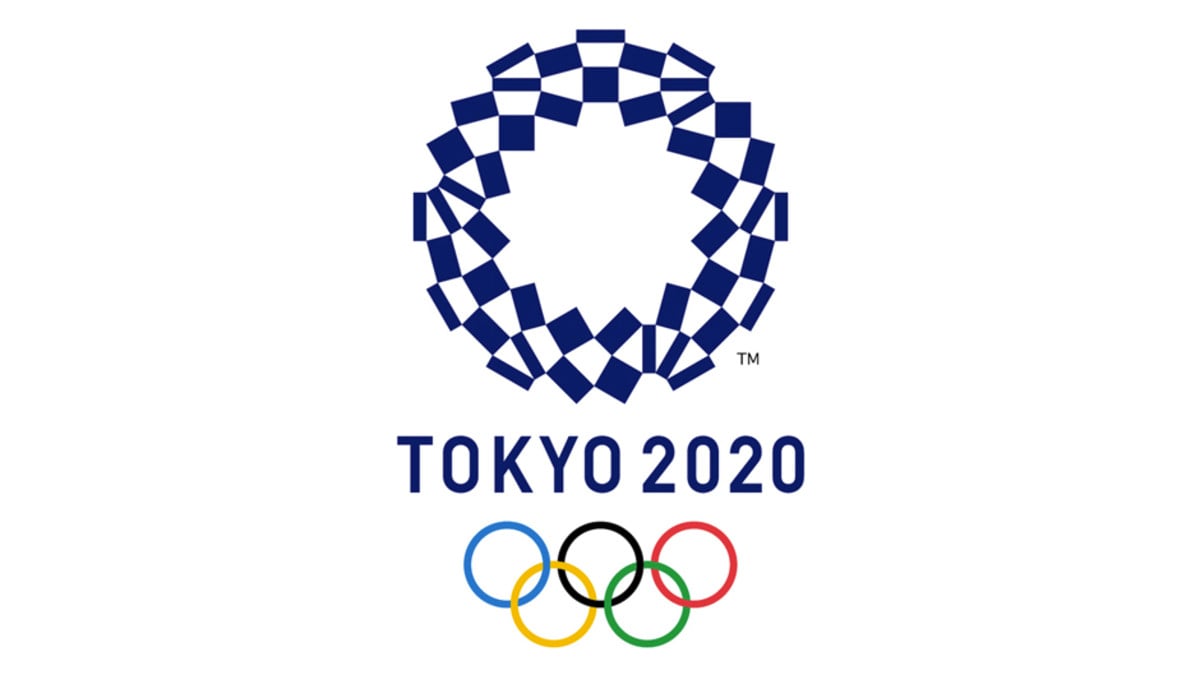Kirani James is Back, van Niekerk Out, Thompson-Herah rips 21.66, DSD Women to Impact 200
By LetsRun.com
August 2nd, 2021
TOKYO — Monday night in Tokyo saw two distance finals, as Sifan Hassan took gold #1 in her attempt for the unprecedented triple and Soufiane El Bakkali ended Kenya’s streak in the steeplechase.
In the field events, American Valarie Allman got America’s first track gold at Tokyo as she won the discus. American Sandi Morris snapped her pole in pole vault qualifying and got injured and did not make the final.
We recap briefly the other action below the women’s 200m semifinals and men’s 400m.
Women’s 200 semis: Thompson-Herah rips 21.66, DSD athletes Mboma & Masilingi advance to final
Few events in Tokyo are as talent-laden as the women’s 200, and Tuesday night’s final (8:50 a.m. US ET time) is now set after some quick semifinals.
There were two especially notable times run in Monday night’s semis, both in a very fast heat two. The winner, Jamaica’s Elaine Thompson-Herah, continued to show the imperious form that was on display in Saturday night’s 100m final as she tied her personal best of 21.66 to win the heat. Only five women have ever gone faster, and only one of them, Florence Griffith-Joyner, has broken 21.60 seconds. Thompson-Herah has a great chance to join that club on Tuesday as she appeared to be cruising tonight (FloJo’s WR, by the way, is 21.34).
Crossing behind Thompson Herah was Namibia’s Christine Mboma, who, after running a world U20 record of 22.11 in this morning’s prelims, took another chunk off that by going 21.97 tonight. Mboma, who ran 48.54 for 400 this year but was barred from running that event in Tokyo because she has a difference of sexual development (DSD), had barely raced the 200 before this year and entered the Olympics with a 22.67 pb but will now rank among the medal favorites in the final.
With Thompson-Herah and Mboma both ducking under 22 seconds, American Gabby Thomas, the second-fastest performer in history who broke 22 in all three rounds of the US Olympic Trials, could only manage third in 22.01. She advanced to the final with a time qualifier.
There are now two major storylines heading into Tuesday’s final. First, how close will Thompson-Herah get to FloJo’s 21.34 world record? And second, the presence of DSD athletes Mboma and her 18-year-old Namibian countrywoman Beatrice Masilingi, who ran a 22.40 pb to take second in heat 1 and also make her first global final (a third DSD athlete, Aminatou Seyni of Niger, ran a personal best of 22.54 and was the second woman out of the final). World Athletics’ DSD rules currently mean that high-testosterone athletes like Mboma and Masilingi cannot compete in the women’s category from 400 meters to the mile without lowering their testosterone. But they are cleared for the 200 meters, where it is becoming obvious they still have an advantage over their non-DSD peers. Expect World Athletics to push for changes to the DSD regulations following the Olympics.
Men’s 400 semis: Kirani James makes a statement, Michael Norman into final, WR holder Wayde van Niekerk eliminated
One past Olympic champion made a statement in Monday night’s 400m semifinals, while another was eliminated and will be forced to watch Thursday’s final from the stands. Running in heat 1, Grenada’s Kirani James, who has missed large chunks of time over the past five years battling Graves’ disease, ran 43.88, his first sub-44 since taking silver in the 2016 Olympic final, to win the heat. James has now made seven of the last eight global finals dating back to his debut, a win at the 2011 Worlds in Daegu, winning two golds, a silver, and a bronze.
He said after the race that he’s “really proud of the process” he’s been dedicated to in Arizona under the guidance of Harvery Glance and admitted there were times he doubted he’d get back to this level.
The other Olympic champion in the field was not as fortunate as reigning champ and world record holder Wayde van Niekerk could only manage fifth in a stacked third heat, running 45.14. He did not grab one of the two time qualifiers and was eliminated.
Both Americans remaining, Michael Cherry and US champ Michael Norman, made it through to their first global final. Cherry looked strong in winning heat 2 in 44.44, while Norman took an auto spot in heat 3 by running 44.52, finishing behind world champ Steven Gardiner, who qualified for the final while competing in a baggy t-shirt.
Cherry has now run in the 44s in 9 straight races according to the results database Tilastopaja (Cherry said he thinks it’s 12 or 13). As for Norman, he said he’s been doing all the right things all year long and is waiting for it to pay off.
“I’m just waiting for the breakthrough and hoping it’s on Thursday.”
Women’s 400 hurdles: The rain doesn’t bother Muhammad, McLaughlin, & Bol
Mother Nature chose the 400 hurdles semis as the time to open up and pour on the Olympic Stadium, but the wet conditions didn’t affect the medal favorites as Dalilah Muhammad, Sydney McLaughlin, and Femke Bol each won their heat to advance to Wednesday morning’s final (Tuesday night US time). They were also the only three women under 54 seconds tonight as McLaughlin ran 53.03, Muhammad ran 53.30, and Bol ran 53.91. NCAA champion Anna Cockrell also made it through to her first Olympic final by running 54.17 to take the second auto spot in heat 3 behind Bol.

